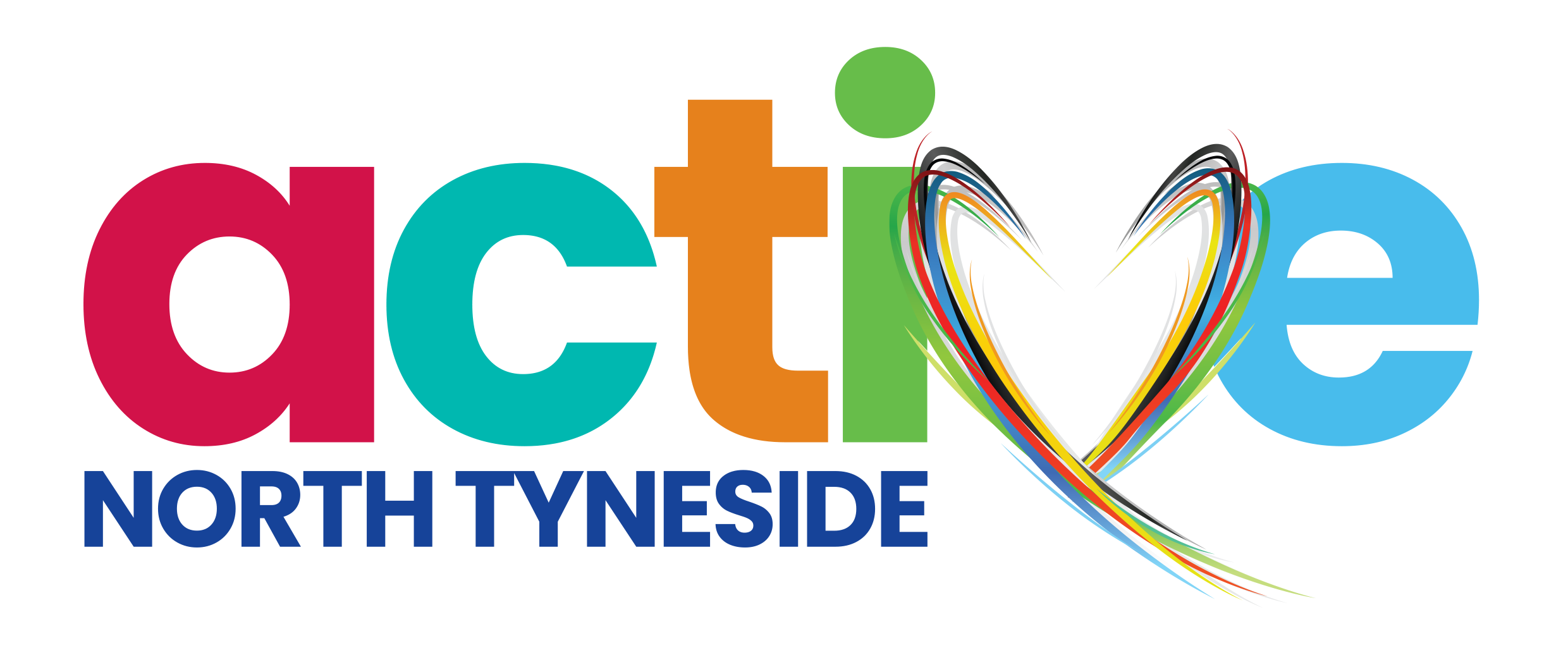Fitness Fundamentals: Calories
Often a taboo subject in the fitness industry, calories (kcals) are sometimes overlooked when it comes to changing your body composition.
What is a calorie?
Simply put, a calorie is a unit of energy that we use to determine what is in the food we eat.
We also use calories to determine the energy that we burn in our daily lives.
Your calorie intake is something that should be monitored from time to time to give you a rough idea of what we’re consuming in comparison to the amount you’re expending.
You may be asking; but how does that apply to my body composition?
In a nutshell, calories that we consume but don’t burn are stored as body fat. This is known as a calorie surplus. The opposite of this, where you burn more calories than you consume, is known as a calorie deficit. These are both important things to remember when trying to change your body composition.
Calorie calculators
So how do you know how many calories to eat?
Generally speaking, the recommended daily allowance for women is 2,000 kcal and for men 2,500 kcal. However, there are several factors that can change this number.
An online calorie calculator can be a really helpful tool to help you establish your recommended allowance. A simple google search will bring one up and typically it will ask for your age, height, weight, and activity level. (Activity level can be subjective, so using your daily steps is a good benchmark; anything below 8,000 steps a day is low, 8,000-12,000 steps is moderate and anything over 12,000 steps is high). Once you enter your data, you will be given a recommended daily allowance.
Some people find it helpful to multiply this number by 7 to establish a calorie allowance for the week, and then work out the best way to spread them out based on lifestyle. For example, some people tend to be more controlled with what they eat Monday to Friday to allow for more food at the weekend.
Some online calorie calculators you could try are Calculator.net and Mayoclinic.org
Tracking calories
Once you have an idea of how many calories you should be consuming, to help you adhere to your target you can keep a record of how many you’re actually consuming. You might be surprised by the number of calories in some foods!
Most foods have the calories on the packaging, so making a mental note or using a pen and paper to jot down your daily intake is one option, don’t forget when cooking to add in all of the ingredients, it all counts towards your total. To be more precise, there are several websites and apps available which will add up all of the calories you consumer in the day, making it quick, easy and accurate to track your intake. Some apps also offer the convenience of scanning the barcode of what you’re eating/drinking saving even more time.
Some popular calorie tracking websites and apps include the NHS Calorie Checker (website), MyFitnessPal (app) and Nutracheck (website and app).
